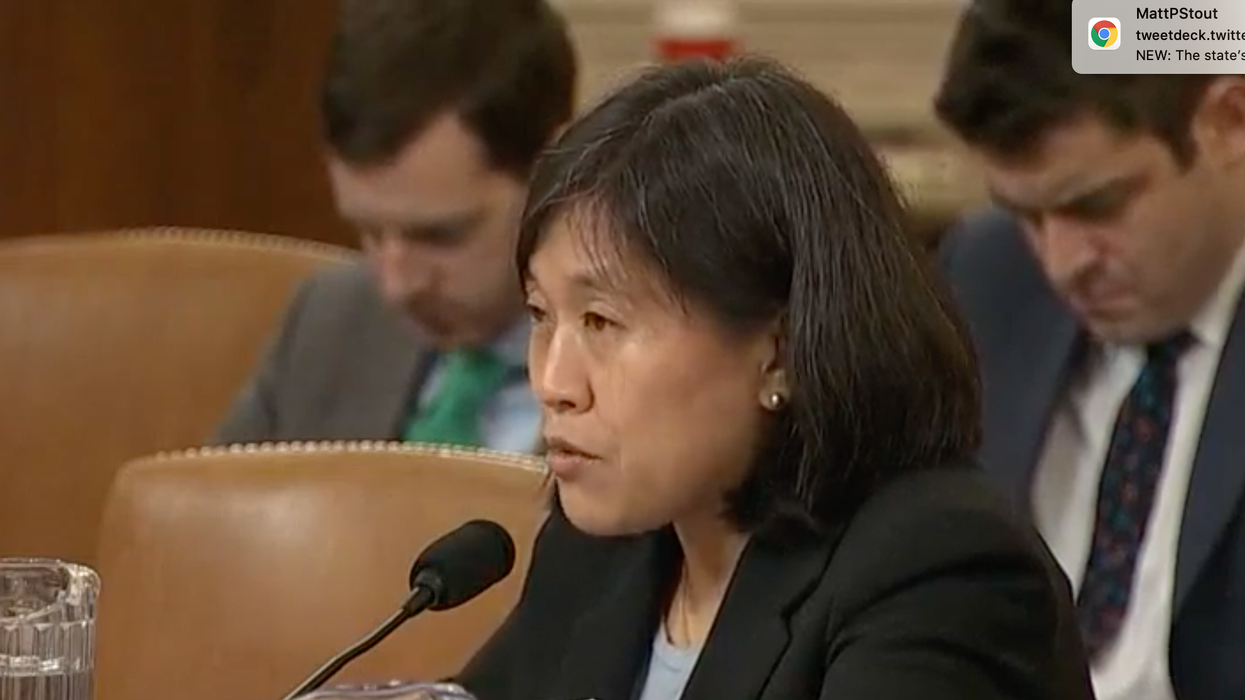One maxim of democracy reformers is that governments will become more productive and confidence-inducing when they start looking more like the communities they represent.
To that end, nine groups with particular interest in Congress have collaborated on a nuts-and-bolts guide for lawmakers to create and sustain more diverse and inclusive teams of aides.
The booklet began circulating this week, an opportune time for altering a congressional workforce that is not keeping pace with American demographic shifts. Sixty freshly elected House members and seven newly minted senators are making their first hires, while dozens of returning lawmakers are confronting staff churn that has accelerated in the past decade — thanks to the high stress but low productivity of Capitol Hill, pays scales not competitive with the private sector, and sometimes racist and misogynistic office cultures.
At a minimum, the corps of 16,000 people who work for the House and Senate leadership, the committees and the rank-and-file membership is disproportionately white — so much so that "the last plantation" long ago became a widespread term of derision for Congress among its employees.
The disparity is across pay grades. Just 11 percent of people in top Senate jobs are non-white, although they make two-fifths of the United States population, according to research by the Joint Center for Political and Economic Studies, a think tank focused on improving the lives of Black Americans. And the advocacy group Pay Our Interns estimates that white students get 85 percent of internships in House Republican offices and 62 percent of Democratic offices.
An exception to the view that people of color have a particularly tough time thriving on the Hill appeared Wednesday, however. President-elect Joe Biden signaled he would name Katherine Tai, the Chinese-American chief trade lawyer for the House Ways and Means Committee, as United States trade representative. It would appear to be the first direct promotion ever of a congressional staffer into a Cabinet-level job.
"From entry-level to the most senior positions, a lack of representation means that much is missing from the debates shaping our national policy and priorities," reads the introduction to the guide book by the nine groups, which have named their coalition Representative Democracy. "Decades of studies have repeatedly shown that teams with more diverse experiences, backgrounds and ideas produce better and more innovative products. Democracy itself will be better served when we have the input and influence of more voices to formulate effective and responsive national policy."
And if that high-minded appeal does not resonate with senators and House members, the book offers a more practical rationale for making their office environments more diverse, equitable and inclusive.
"Consider the increased burden high turnover creates for the rest of your staff and the amount of time spent repeating the hiring process," it says, not to mention "the time lost to addressing staff grievances over alleged unequal treatment or denied promotions."
The 36 pages of advice that follow are similarly at once pragmatic and aspirational. Be sincere and intentional about establishing policies to ensure diversity, equity, inclusion and a sense of belonging for all staffers. Define what those terms mean for your office. Be clear about the atmosphere you want to foster during a wide-ranging period for recruiting, then through transparent and standardized personnel policies. Set clear job descriptions, pay scales and expectations for promotion. Assign new hires a senior staffer as mentor.
And finally, there's a pep talk for the bosses — politicians who have in many cases spent way more time fundraising and glad-handing than they allot to fostering a healthy workplace.
"You need to become an ally to your team," the book says, addressing senators and House members, 74 percent of whom will be white next year. "That means working on yourself. It also means doing everything in your power to eliminate structural barriers for your staff. Most importantly, it means you will speak up for them, and you will commit to seeking ways to better understand their experiences."
The authors were Laura Maristany, a senior official at the Democracy Fund, which gives grants to promote a more robust political system, and Maria Robles Meier, a former House and Senate leadership aide and executive director of the Congressional Hispanic Caucus.




















Trump & Hegseth gave Mark Kelly a huge 2028 gift